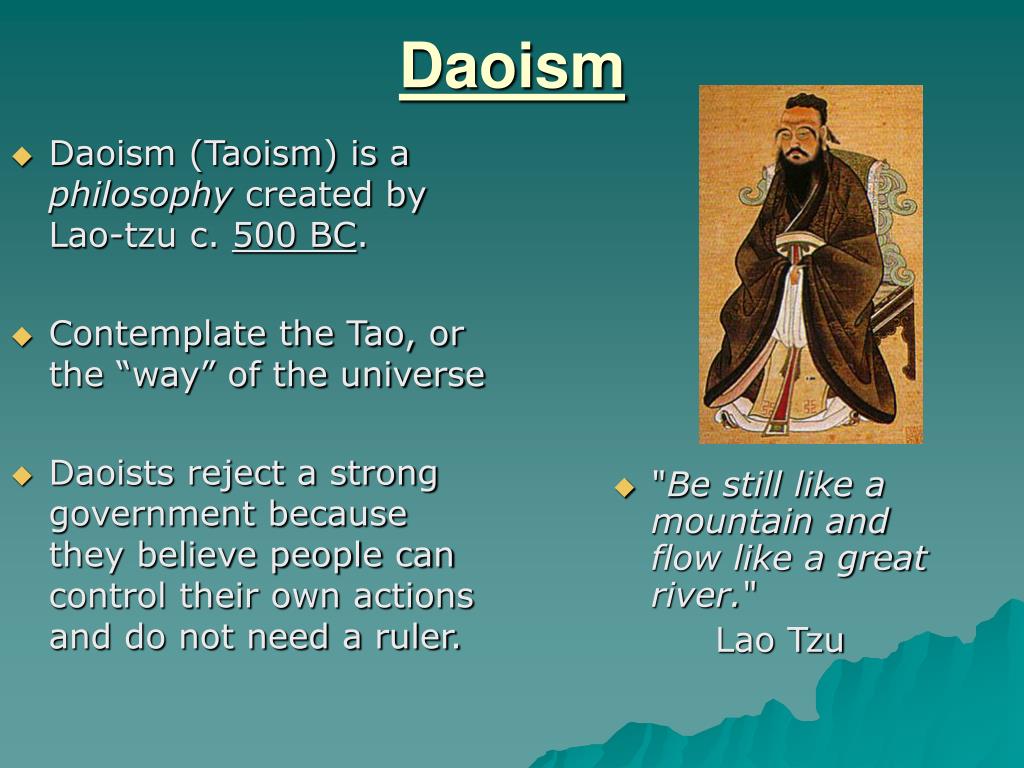- The law and ethics are distinct systems, each with its purpose and function.
- Actions can be morally right but illegal, and vice versa.
- It’s crucial to question and critically examine laws as they can be influenced by various factors and are not necessarily morally right.
- Individuals are called to make their own moral decisions, which is a fundamental part of being human.
- Therefore, it can be morally right, and even indicated, to break the law in certain situations.
Sometimes laws look like they protect the rich and the wealthy at the cost of the poor and disadvantaged. Sometimes laws may feel unjust. So is it true that sometimes a good person might need to break the law in the pursuit of what’s right? Can it be morally right to break the law? Or is ethics the same thing as the law?
The relationship between ethics and law
Photo by ev on Unsplash
Often you’ll hear the opinion: “What do I need ethics for? I can just follow the law! The law is the way how society has formalised the ethical principles that we’re supposed to follow. Therefore, just following the law will make sure that I’m acting morally right!”
But is this true?
This idea has obvious roots in the Christian tradition, which itself was originally a Jewish tradition, to see the laws of the state as an extension of the laws that God had decreed for his people. One still finds that in some Islamic countries and in Orthodox Judaism: the idea that God’s law and secular law are not two separate things, but that morality, religious commandments, and the laws of the state are all one and the same, all originating in the same holy books that contain the word of God. So many Western societies, having Christian origins, will still carry echoes of the idea that state law is somehow derived from divine law, and that there is some connection between state law and moral rules. But that is not really the case.

Recommended for you:
What is Alienation?
One of his best known concepts of Marxism is the idea of “alienation” that describes how human beings get estranged from their work.
The idea goes something like this: you’d have the moral rules that are, perhaps, considered the wider framework, and then you’d have the laws of the state that are more specific, and that cover only a subset of what morality covers. So that you’d think of the domain of ethics as a circle and the laws of the state as a smaller circle that’s entirely inside the other circle.
But this is a dangerous view.
It is dangerous because morality has this absolute claim to direct one’s actions. Ethics gives us rules that we are supposed to follow unconditionally, without ever questioning them: you should not steal, you should be honest, you should be loyal, and so on. But obeying state laws unconditionally is rarely a good idea. Laws are made by a …
Read the full article which is published on Daily Philosophy (external link)





